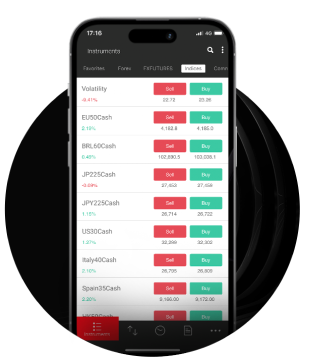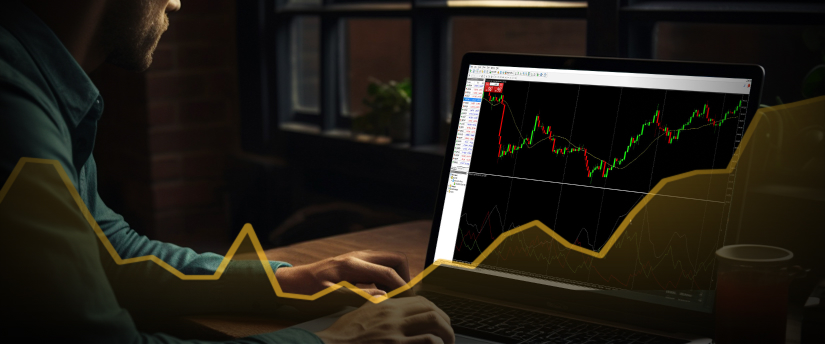As you might know, choosing the perfect broker is a major decision traders have to make. Ultimately, a good broker means successful trading; a bad one, not. It is one thing that can make or break trading, for example, in forex, stocks, or commodities. But what is a broker, really?
Well brokers act as intermediaries, and they technically mediate between you and the financial markets and provide the facilities that make trading possible.
Reliability and reputation
Brokers earn their reputation over a long time with trust and consistently better performance. Three factors make a broker stand out: their reputation, reliability, and trustworthiness. Researching about brokers will help you discover which are the ones that have built a strong reputation and have demonstrated excellent performance. You can explore their websites and open an account for yourself so you can find out more.
Confianza
Reputation and trustworthiness are two of the first things to look at when considering a broker. Reputable brokers tend to be more transparent, giving you clear insight into how your assets are being managed and how your private information is being processed.
User reviews
Other traders’ experiences can be also of great value. Looking at what others say about a broker in the reviews on reputable sites and forums can help you better understand how reliable a broker is. Look for comments about customer experience, ease of use of the platform, responsiveness of customer support, and transparency.
Competitive and transparent fees
Choosing a broker that offers lower fees is positive for your profitability, so this should be taken into consideration. A good broker will offer competitive and transparent pricing structures, with no hidden charges.
Spread and commission
The spread is basically the difference between the buying and selling price of an asset. This is the most common source of revenue for many brokers. So, if you considering your costs, the spread on your favourite forex pairs or any commission fees should be calculated before placing a trade so you have an idea of the kind of fees you may need to pay. To determine how much it will cost you to trade with any broker, it’s preferable to compare both spreads and commissions.
Other hidden costs
Some brokers charge extra fees for account maintenance, inactivity, or withdrawals. To make sure that you are not paying for services you don’t need, you should check the full fee structure.
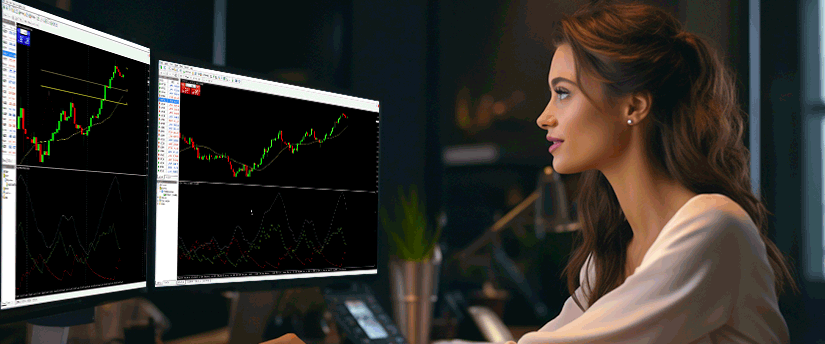
User-friendly trading platforms
A good broker offers a user-friendly trading platform that has a neat, well-structured design easy to navigate. Such a platform enables traders to quickly find the tools and functionality they require to trade effectively. A well-structured platform can improve beginners and professional traders’ trading experience.
Functionality and features
A strong platform offers market participants real-time data, advanced trading graphs, and analytical tools by which they are able to learn about the markets faster and more efficiently.
Platforms offering the capability to integrate with Expert Advisors or automated trading systems, are also especially appealing.
Mobile access
Mobile-friendly brokerage platforms are more in demand as traders seek greater convenience and ease. By connecting their mobile apps with their desktop platforms, traders can monitor the markets, manage portfolios, and trade from anywhere in the world.
Seguridad
Online trading requires first-rate security as a prerequisite. Two-factor authentication (2FA), secure login protocols, and robust encryption are necessary to safeguard users’ data.
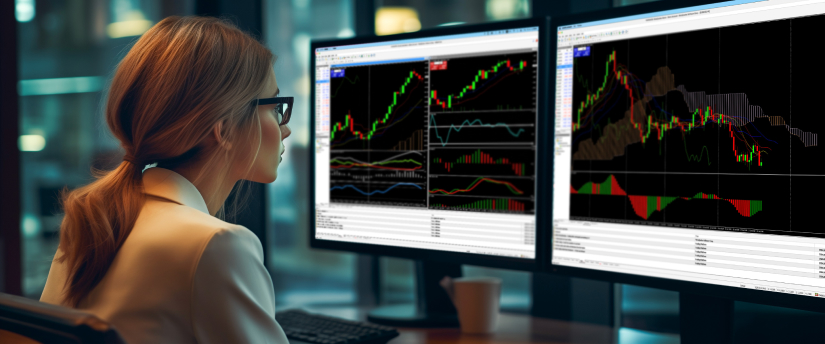
Atención al cliente
Timely and reliable customer support is also an important feature for traders. You may need help in resolving technical issues, when there is a withdrawal delay, or when you have any issues with your account. Being able to get immediate help from an experienced customer support team can make a big difference in the overall trading experience.
Additionally, a serious broker should offer multiple ways of contacting their customer support, including telephone, live chat, and email. For real-time trading, customer support should be available during market hours. The more instruments of communication a broker offers, the easier it is to contact them if you have any issues.
Good brokers make sure that their customer support team is well trained to be able to deal with the different issues efficiently. Being in a position to solve issues quickly can reduce frustration in addition to downtime.
Wide array of trading instruments
Reputable brokers provide access to a range of trading instruments in numerous markets. Whether you’re interested in forex, stocks, or commodities, a wide range gives you the ability to diversify your portfolio and look for opportunities in different markets.
An international broker providing access to international markets allows you to diversify your portfolio by trading a huge range of international instruments. As the saying goes: “Don’t put all your eggs in one basket.” How very true this is when trading. By minimising exposure to any single market, diversification is the key to risk management and maximising potential returns.
Recursos de formación
Most trading websites offer educational resources to assist traders in enhancing their knowledge and skills in trading. They typically have live webinars, brief video tutorials, and learning resources on key trading strategies and technical analysis.
Seek brokers that provide free access to quality training resources, such as market analysis, trading courses, and real-time data. A quality learning platform can greatly enhance your capacity to make knowledgeable and confident decisions.
Demo accounts
A demo account allows traders to practice trading with virtual money, and it is where they try out their strategies without risking their own capital. Clients can try out charting tools, make trades, and try out other features on demo accounts before they even trade with real money. Demo accounts mimic live platforms.
Why it is crucial to choose the best forex broker
There is more to choosing a broker than simply picking a broker at which you can trade a range of financial instruments. Your broker can impact:
Profitability
Spreads, commissions, and execution speeds vary between brokers. Wide spreads or platform downtime can make a big difference in your ability to capitalise on profitable trades.
Safety of funds
A broker’s financial health and adherence to certain standards is important in keeping funds safe.
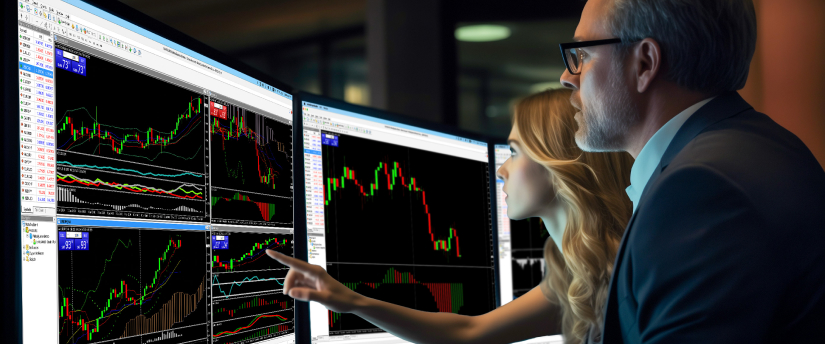
Overall trading experience
The best broker will provide a stable, user-friendly platform, friendly customer support, and educational tools to improve your trading.
Developing and implementing strategies
Some brokers limit the types of strategies you can use, such as scalping or hedging. Others, on the other hand, provide advanced tools to enable algorithmic trading or social trading.
Resumen
Choosing the right broker is the essential first step for any investor or trader. Reliability, competitive pricing, a user-friendly platform, great customer support, and access to a broad array of trading instruments are all hallmarks of a great broker. For traders seeking efficiency and precision, additional features in terms of market analysis, education, and tools such as automated trading systems or Expert Advisors can be very useful. With the knowledge of what to look for in a good broker and conducting proper research, you can make an informed decision that will fit your trading goals.
Aviso legal:
Esta información no se considera asesoramiento de inversión ni una recomendación de inversión, sino una comunicación de marketing.
